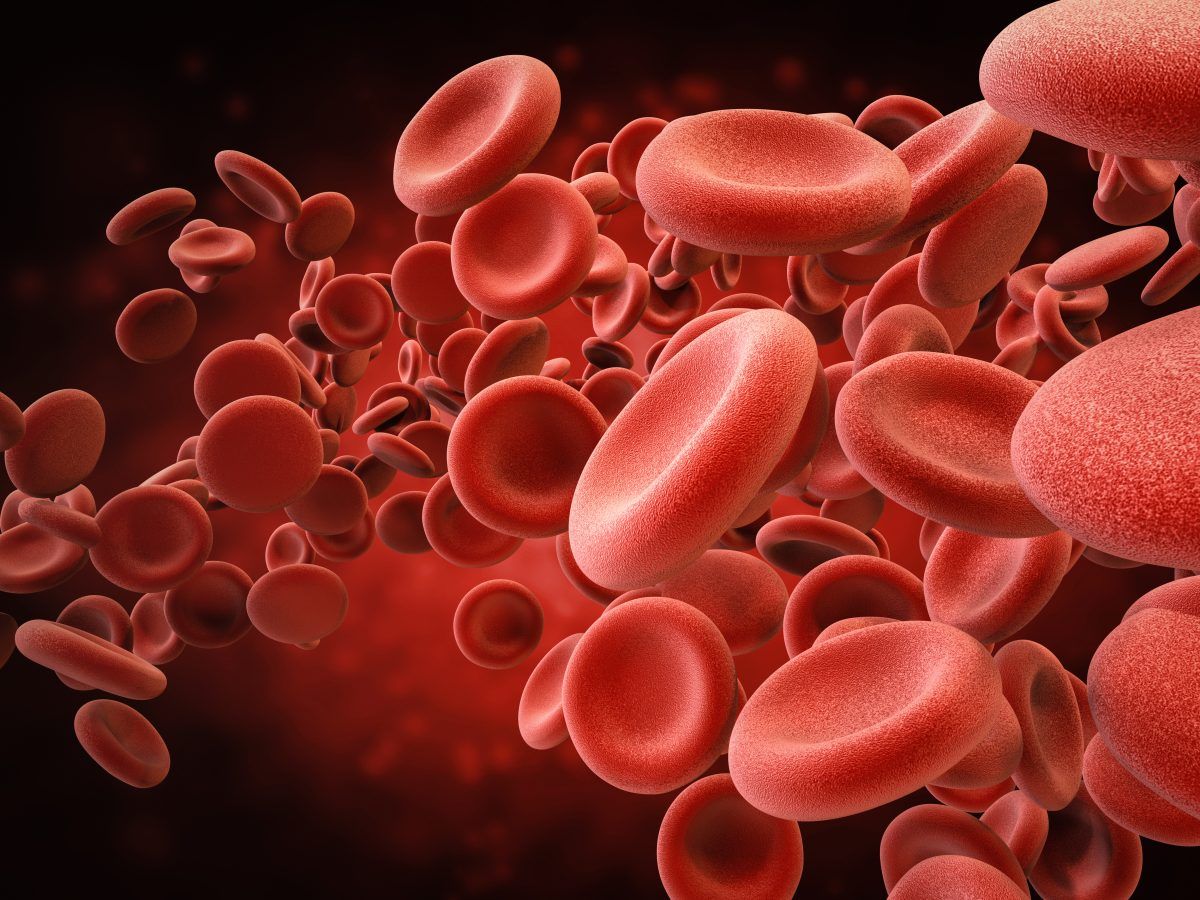In a UK-first report launched today, in the House of Commons, leading figures from charity, healthcare, industry, law and academia have outlined a collaborative vision for UK leadership to improve maternal health. The Healthy Mum, Healthy Baby, Healthy Future: The Case for UK Leadership in the Development of Safe, Effective and Accessible Medicines for Use in Pregnancy report proposes a clear roadmap to improve the lives of millions of people, not just for women while they are pregnant, but for future generations.
Globally, over 800 women and 12,000 newborns die every day from preventable pregnancy-related complications – that is one woman and 17 babies every 2 minutes. Pregnancy complications affect two lives in one short period of time, yet only two medicines have ever been developed specifically for pregnancy-related conditions, and not a single new medicine for some of the most serious pregnancy-specific conditions has reached women in decades.
Over the past year, a Birmingham Health Partners led Policy Commission – co-chaired by Baroness Manningham-Buller, Co-president of Chatham House and Professor Peter Brocklehurst, University of Birmingham – has heard from key stakeholders on how best to develop safe, effective and accessible medicines for use in pregnancy. Compelling evidence gathered throughout the process has informed eight critical recommendations which, if implemented by government, will successfully prevent needless deaths and find new therapeutics to treat life-threatening conditions affecting mothers and their babies.
Key proposals include strengthening the UK’s research capabilities to address gaps in our biological knowledge; more effective clinical trials support; and harnessing collaborative partnerships between government, universities and the pharmaceutical industry. Importantly, the report advocates for women who have been historically excluded from clinical trials to be a vital part of future research, ensuring they are not left behind and can benefit from modern medical advances. The UK, with its existing track record of pregnancy research, and lifelong NHS health records, is uniquely placed to lead this overdue and vital reform, working alongside global partners to deliver real change.

Commenting on the report, Co-chair, Baroness Manningham-Buller LG, DCB, FMedSci said: “When I was asked to become joint chair of the Commission that has produced this report, I am ashamed to say that I wasn’t aware that there was an acute problem. Despite being at Wellcome for twelve years and Imperial College for six, I had no idea that research into conception and pregnancy was largely neglected and that virtually no drugs had been developed and trialled for pregnant women in the many decades since thalidomide. This leaves women at the mercy both of general diseases, the diseases of pregnancy and drugs which are usually unlicensed. The evidence taken by the Commission in its inquiry convinces us that this urgently needs to change. We suggest how.”
Co-chair, Professor Peter Brocklehurst said: “This report represents a clear and timely platform to improve the care we provide to pregnant and breastfeeding women, by increasing the availability of safe, effective and accessible medicines for their use. The Commission’s role was to provide a blueprint for action and will provide ongoing support in implementing the recommendations set out in this report, as there is an urgent need for action to address this underserved area of medical need. Without it, women and babies will continue to die when they could be saved. They will continue to experience long-term health effects, disability and distress, which might be avoided.
“We strongly urge the scientific, clinical, industry, regulatory, governmental and public sectors to come together to address the recommendations of this Commission. The UK has the opportunity to transform maternal health across the world, improving the lives of mothers, their babies and future generations – let’s not waste it.”
Yasmin Golding, campaigner from the Epilepsy Society, who continues to be affected by the lack of safe and effective medicines said: “As a mixed race woman with epilepsy there are pregnancy risks I cannot avoid, but many I should be able to in the age of modern medicine. This report gives me and other women hope that in the future they will be able to spend more time enjoying pregnancy and less worrying about avoidable risks that threaten them and their baby.”
Sandra Igwe, founder of The Motherhood Group and Co-chair of the National Inquiry into Racial Injustice in Maternity Care welcomed the report by saying: “Giving a voice back to those who are ultimately the most affected is crucial, and an imperative step for us mothers advocating for ourselves. All women, regardless of race, age, and socioeconomic background should be allowed to have safe and effective medicine during their pregnancy. It’s key in building trust, offers more choice, and lowers potential health risks – a springboard in the right direction. These recommendations will specifically further help women like me, who due to the colour of our skin, face health inequalities within maternity care.”
Find out more about Birmingham’s holistic and collaborative approach to maternal health research on our new research spotlight page






